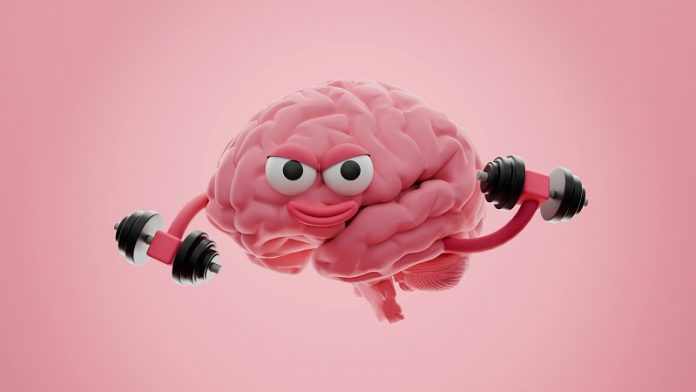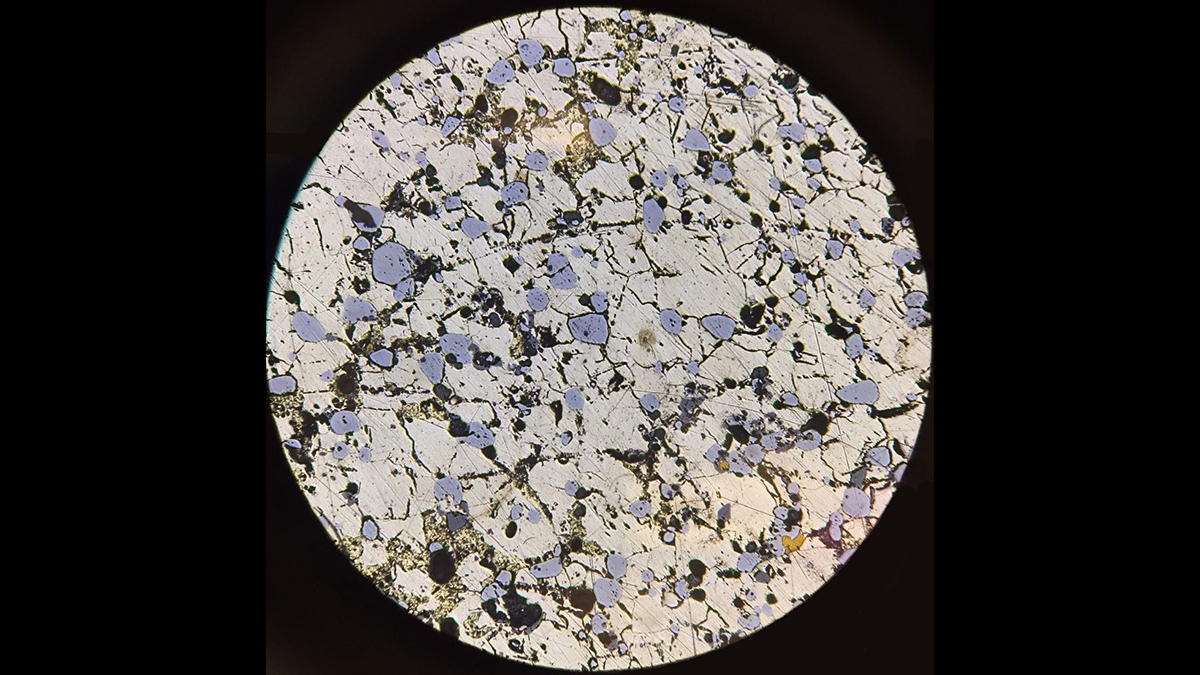
Researchers at UT Southwestern Medical Center have uncovered a new role for high-density lipoprotein (HDL), often called “good” cholesterol, in protecting brain health during middle age.
The study, published in the Journal of Clinical Medicine, highlights how HDL may help maintain gray matter volume in the brain—a critical factor for cognitive function. This discovery provides valuable insight into factors that influence brain health as we age.
The research team, led by Dr. John Giacona, Assistant Professor at UT Southwestern, explored whether HDL plays a role beyond its known benefits for heart health.
“Our study is the first to show a potential link between HDL function and brain volume,” said Dr. Giacona. Gray matter, an essential part of the brain, is responsible for many functions, including memory, decision-making, and problem-solving.
To investigate this connection, researchers studied 1,826 participants aged 35 to 70 from the long-running Dallas Heart Study, which has been tracking health metrics for over 25 years.
The participants underwent several tests, including fasting blood analyses to measure lipoproteins, cognitive assessments, and brain imaging to measure gray matter volume. Initial data were collected between 2000 and 2002, with follow-ups conducted from 2007 to 2009.
One of the key findings came from analyzing different types of HDL particles. The researchers discovered that higher levels of small-particle HDL, but not larger particles or overall HDL levels, were associated with greater gray matter volume and better cognitive performance.
These small HDL particles are unique because they can cross the blood-brain barrier, suggesting a direct role in brain health.
Dr. Wanpen Vongpatanasin, a senior author of the study, explained the significance of this finding. “Previous studies have given conflicting results about HDL cholesterol and its impact on dementia or brain atrophy,” she said.
“Our research shows that the size and function of HDL particles might be more important than total HDL concentration.”
HDL is already well-known for its role in heart health. It reduces “bad” cholesterol, or low-density lipoprotein (LDL), by transporting it to the liver for disposal.
However, HDL particles vary in size, and these differences may affect their function. Smaller HDL particles appear to have unique properties that support brain health, though researchers are still working to understand how.
The findings suggest that measuring the function or levels of small HDL particles could help identify individuals at risk for cognitive decline. However, the team emphasized that more studies are needed to confirm this connection and explore potential interventions.
Dr. Giacona credits the success of the study to UT Southwestern’s collaborative environment, which brought together experts from cardiology, neurology, and imaging research.
This teamwork allowed the researchers to explore the links between heart health and brain health in new ways. “Our research extends the beneficial role of HDL beyond the heart, showing its potential impact on brain health,” Dr. Giacona said.
One key function of HDL, called cholesterol efflux, may play a role in this process. Cholesterol efflux refers to HDL’s ability to remove excess cholesterol from blood vessel plaques and transport it to the liver for removal.
This cleansing process may also benefit the brain by reducing harmful cholesterol buildup and preserving gray matter.
These findings open up exciting possibilities for using HDL as a marker for brain health and developing strategies to prevent cognitive decline.
As researchers continue to unravel the complexities of HDL’s role in the body, its potential to improve both heart and brain health becomes increasingly clear.
If you care about dementia, please read studies about low choline intake linked to higher dementia risk, and how eating nuts can affect your cognitive ability.
For more information about brain health, please see recent studies that blueberry supplements may prevent cognitive decline, and results showing higher magnesium intake could help benefit brain health.
The research findings can be found in the Journal of Clinical Medicine.
Copyright © 2025 Knowridge Science Report. All rights reserved.








Leave a Comment